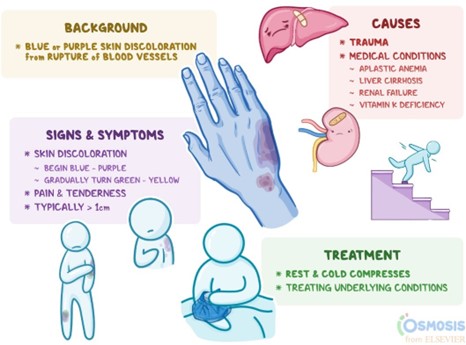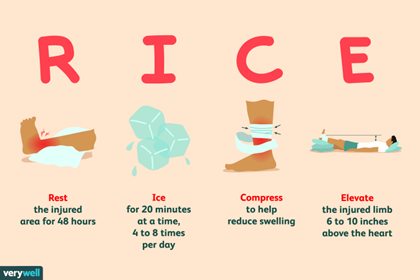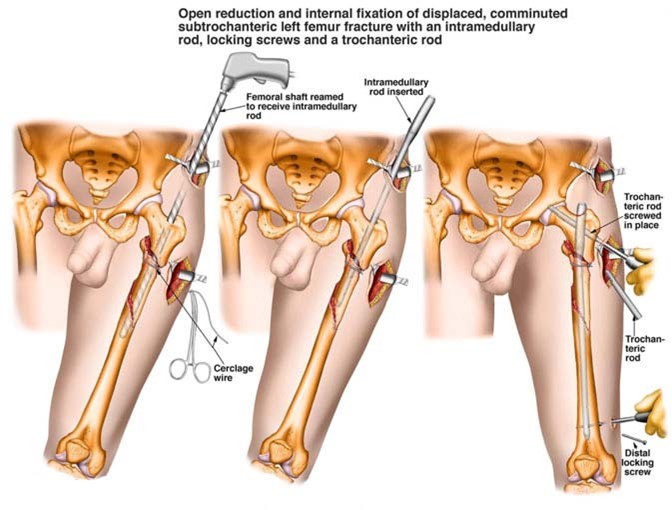A nurse in an urgent care center is caring for a client who fell and injured her ankle. The ankle appears swollen and ecchymotic. Which of the following interventions should the nurse take? (Select all that apply)
Apply a compression bandage to the client's ankle.
Apply heat to the client's ankle.
Encourage the range of motion of the client's foot.
Elevate the client's foot.
Check the client's toes for color, temperature, and sensation.
Correct Answer : A,D,E
These are the correct interventions that the nurse should take. Applying a compression bandage to the client's ankle can help reduce swelling and provide support to the injured area. Elevating the client's foot can also help reduce swelling by promoting venous return. Checking the client's toes for color, temperature, and sensation is important to assess for any potential nerve or vascular damage.
Applying heat to the client's ankle is not recommended as it can increase swelling and inflammation. Encouraging range of motion of the client's foot is also not recommended as it can cause further injury to the affected area.

Nursing Test Bank
Naxlex Comprehensive Predictor Exams
Related Questions
Correct Answer is C
Explanation
The nurse should instruct the client to elevate the affected ankle to the level of the heart. Elevation helps to reduce swelling and pain by promoting venous return and decreasing blood flow to the injured area. This is an important part of the RICE (Rest, Ice, Compression, Elevation) method for treating sprains and strains.
The elastic compression dressing should not be applied so tight that it causes numbness in the toes and ankle.
The client should avoid placing weight on the affected leg when walking until advised by a healthcare provider.
Heat should not be applied during the first 24 hours after a sprain as it can increase swelling and inflammation.

Correct Answer is ["A","B","C"]
Explanation
The nurse should identify the absence of pulse, altered sensation of the toes, and cool skin as possible manifestations of compartment syndrome. Compartment syndrome is a serious condition that can occur following surgery or injury. It is characterized by increased pressure within a muscle compartment that can lead to decreased blood flow and nerve damage.
Pain relieved by narcotics and capillary refill of 1 second are not manifestations of compartment syndrome. Pain relieved by narcotics is a normal response to pain medication. A capillary refill of 1 second is within the normal range and does not indicate compartment syndrome.

Whether you are a student looking to ace your exams or a practicing nurse seeking to enhance your expertise , our nursing education contents will empower you with the confidence and competence to make a difference in the lives of patients and become a respected leader in the healthcare field.
Visit Naxlex, invest in your future and unlock endless possibilities with our unparalleled nursing education contents today
Report Wrong Answer on the Current Question
Do you disagree with the answer? If yes, what is your expected answer? Explain.
Kindly be descriptive with the issue you are facing.
